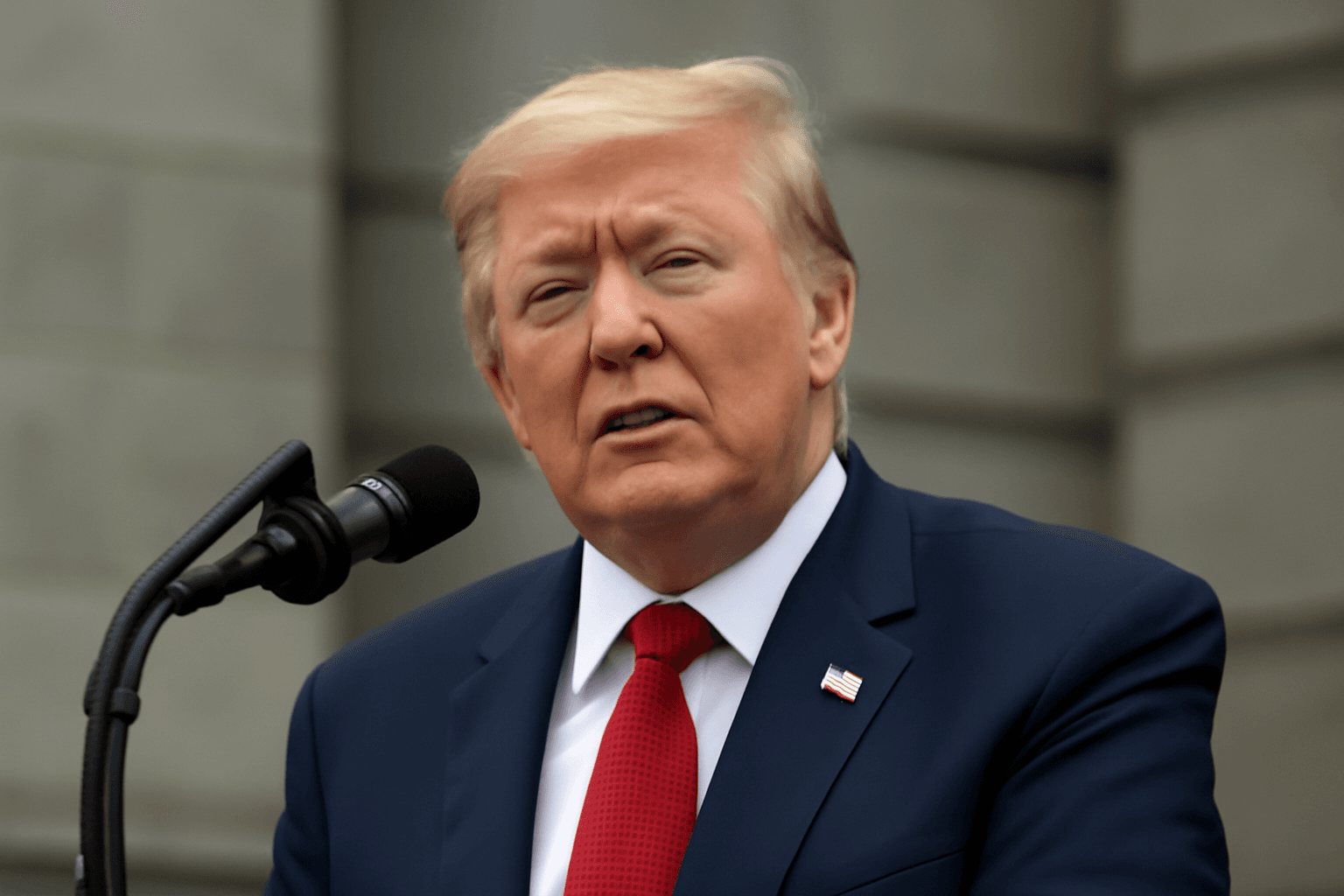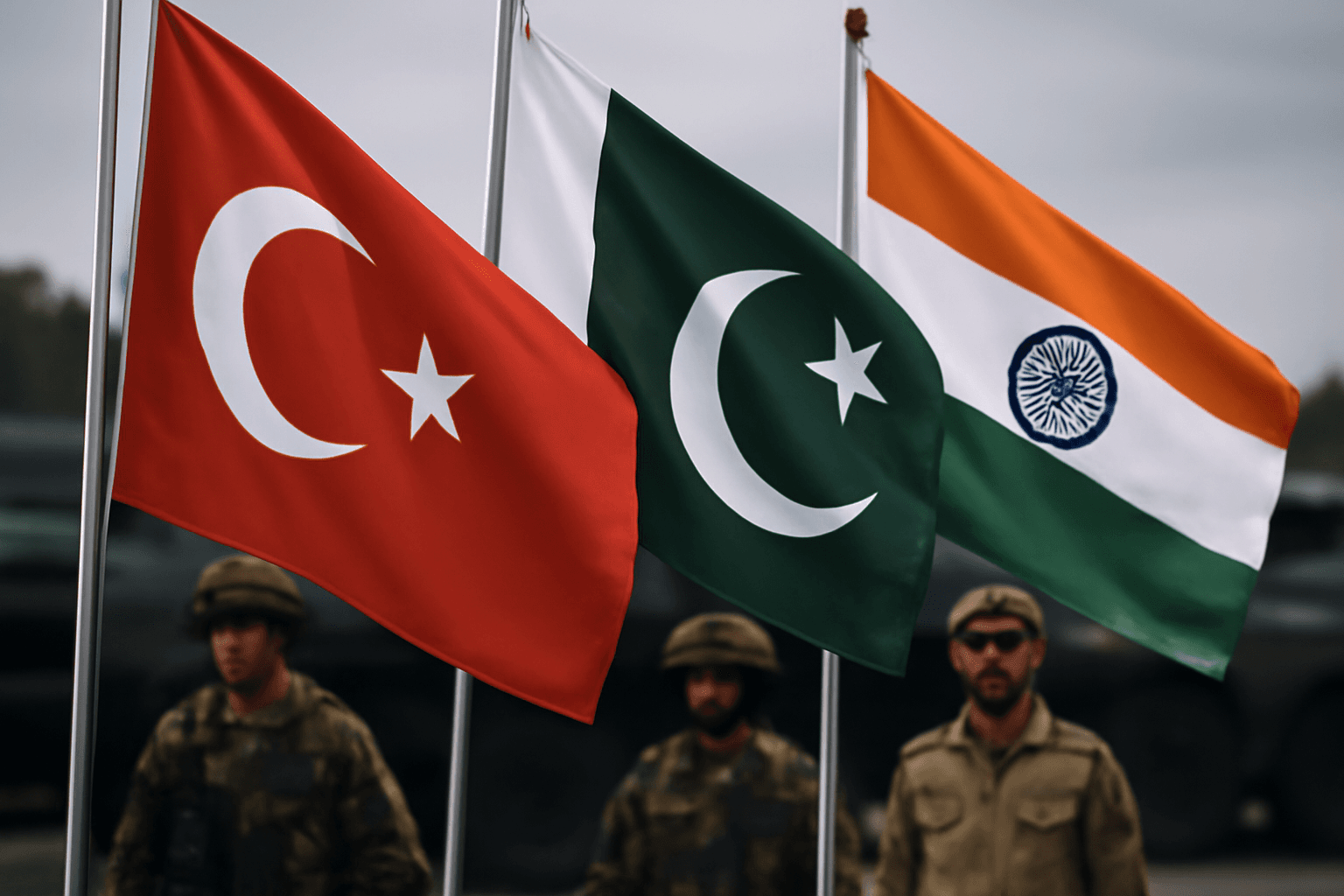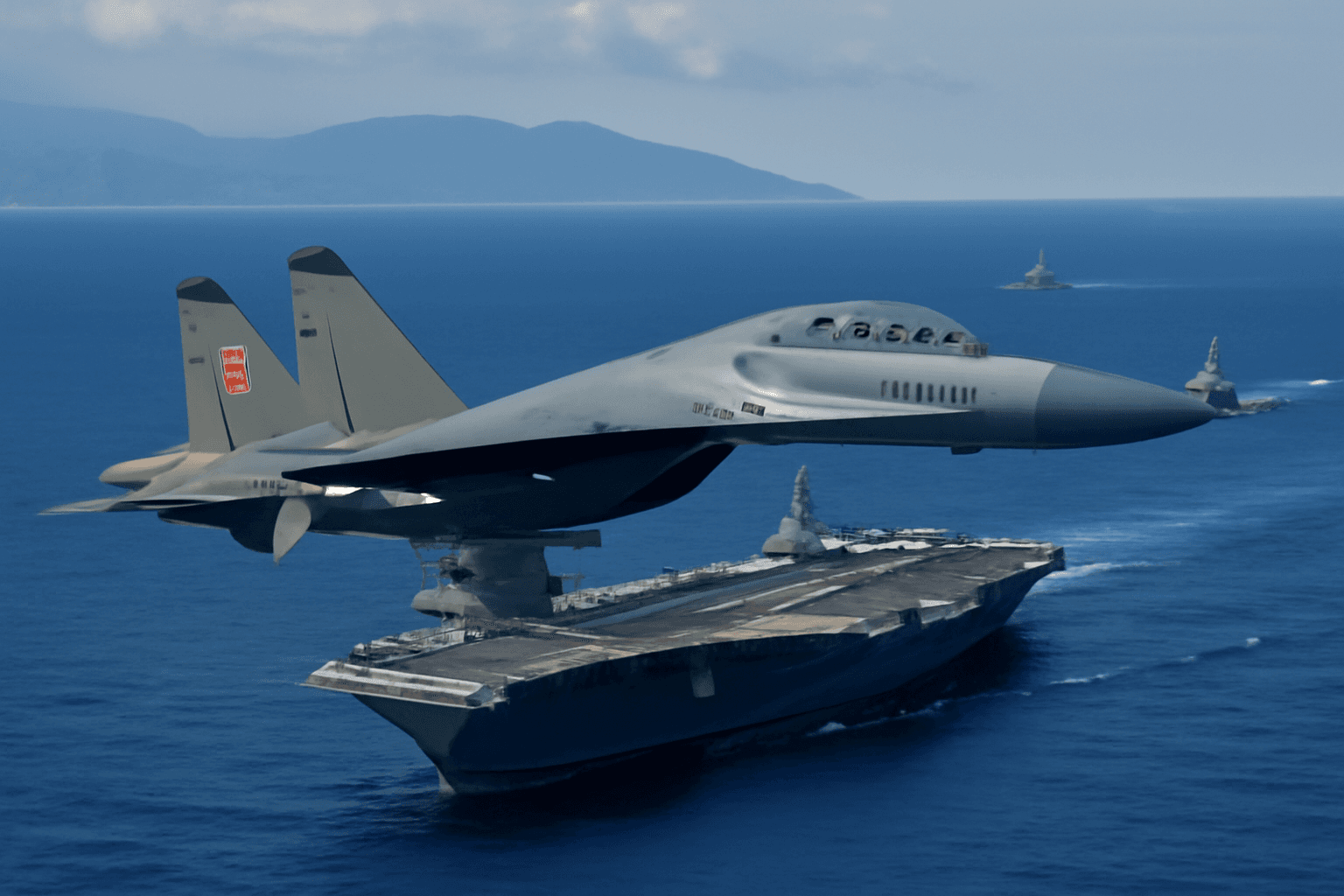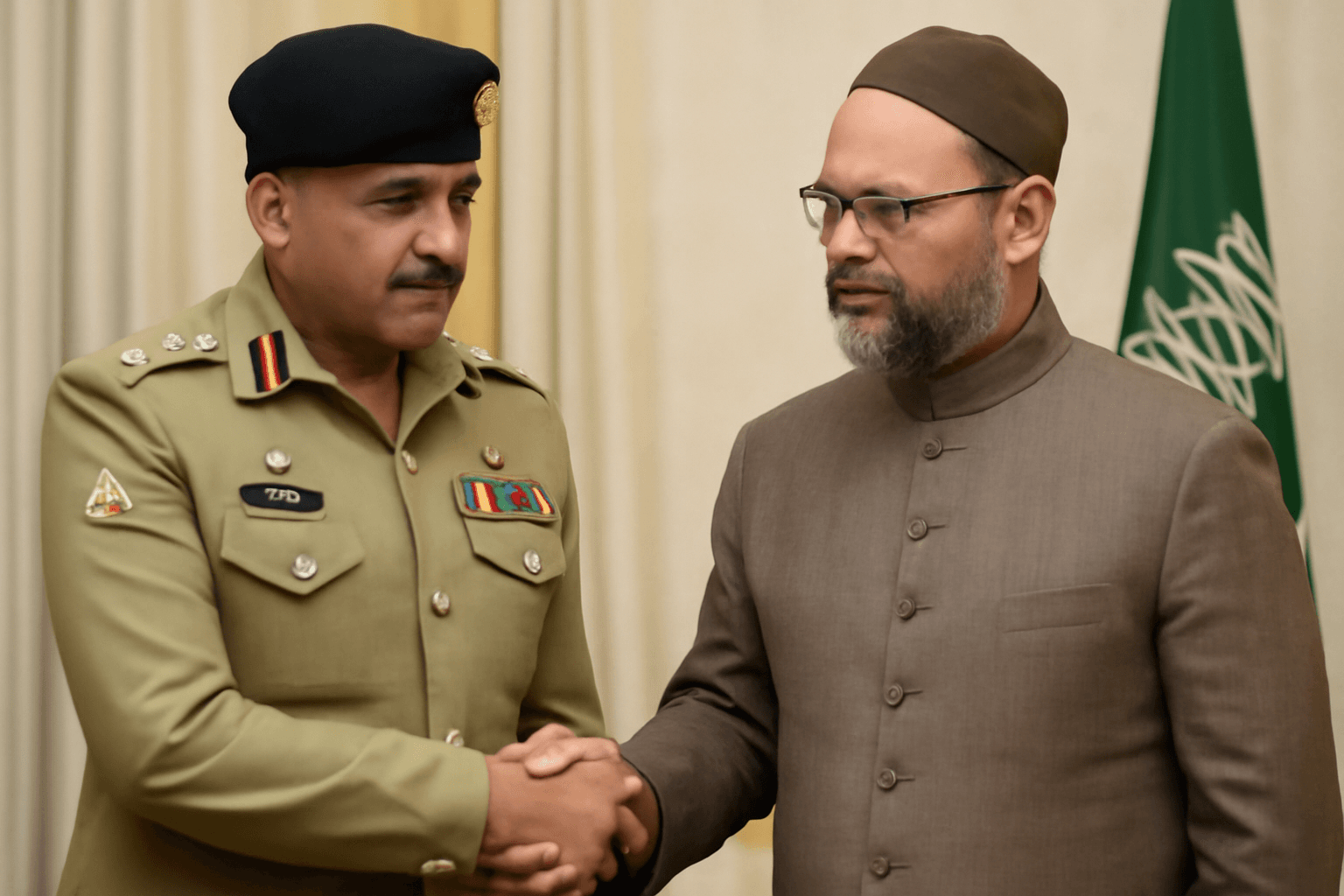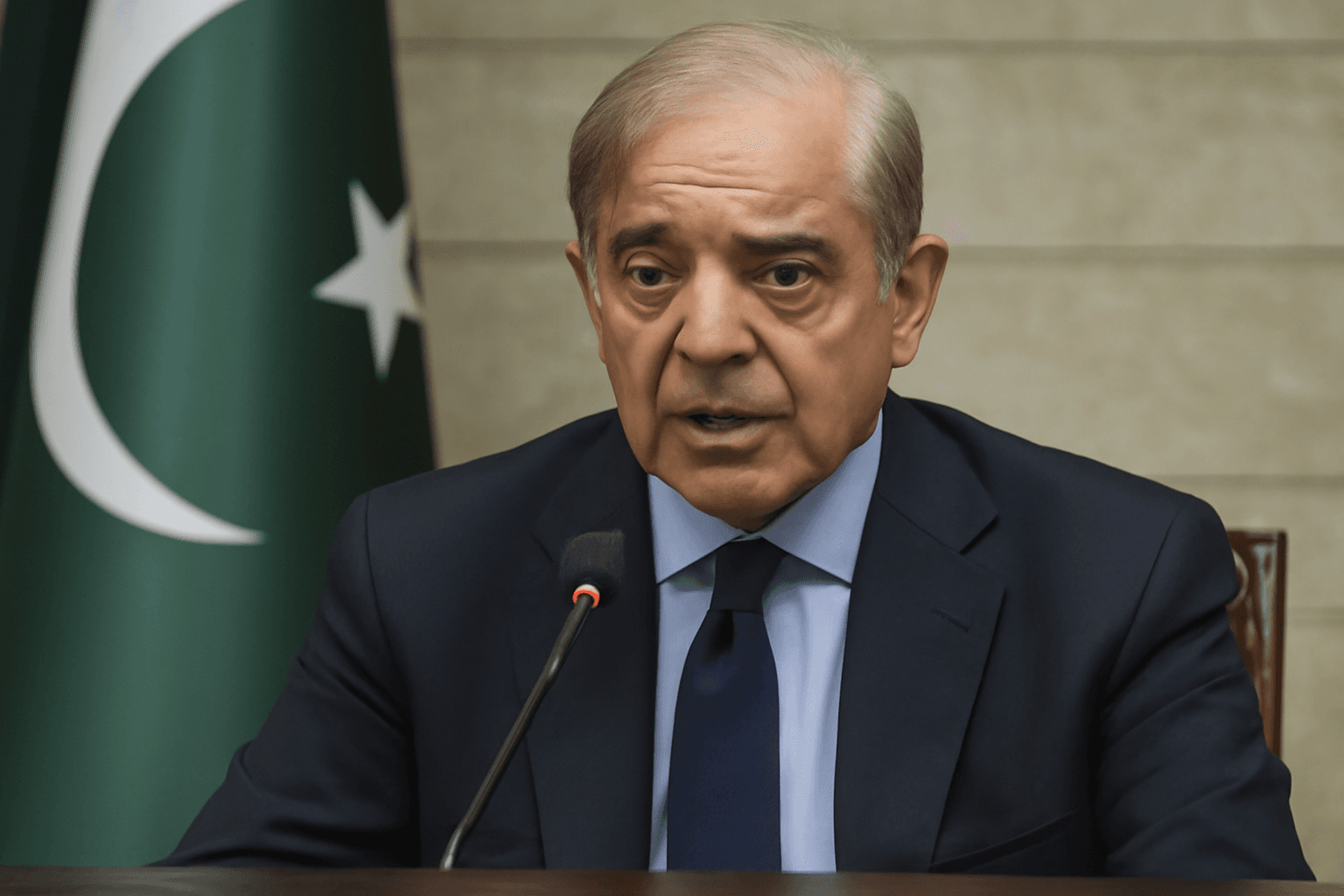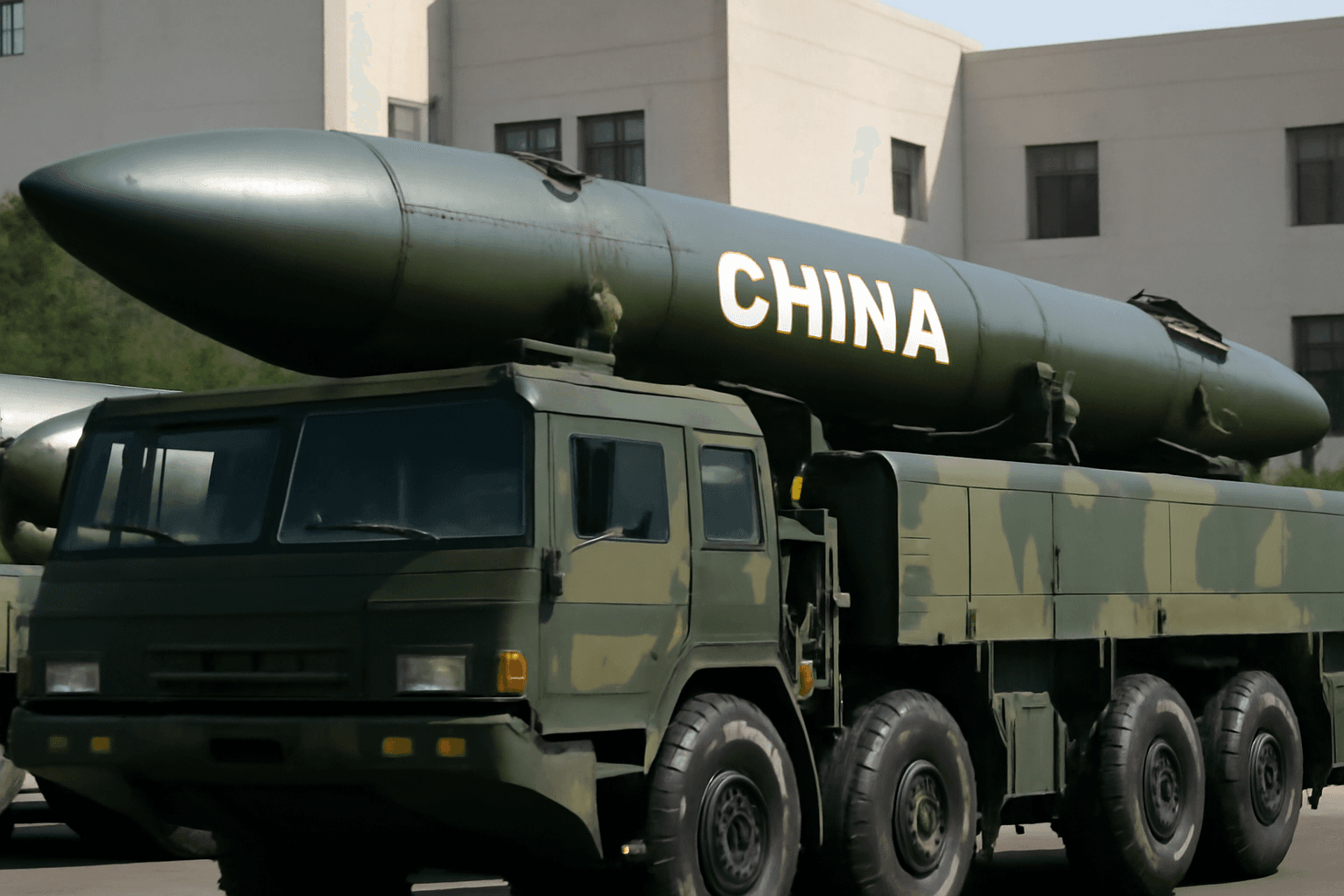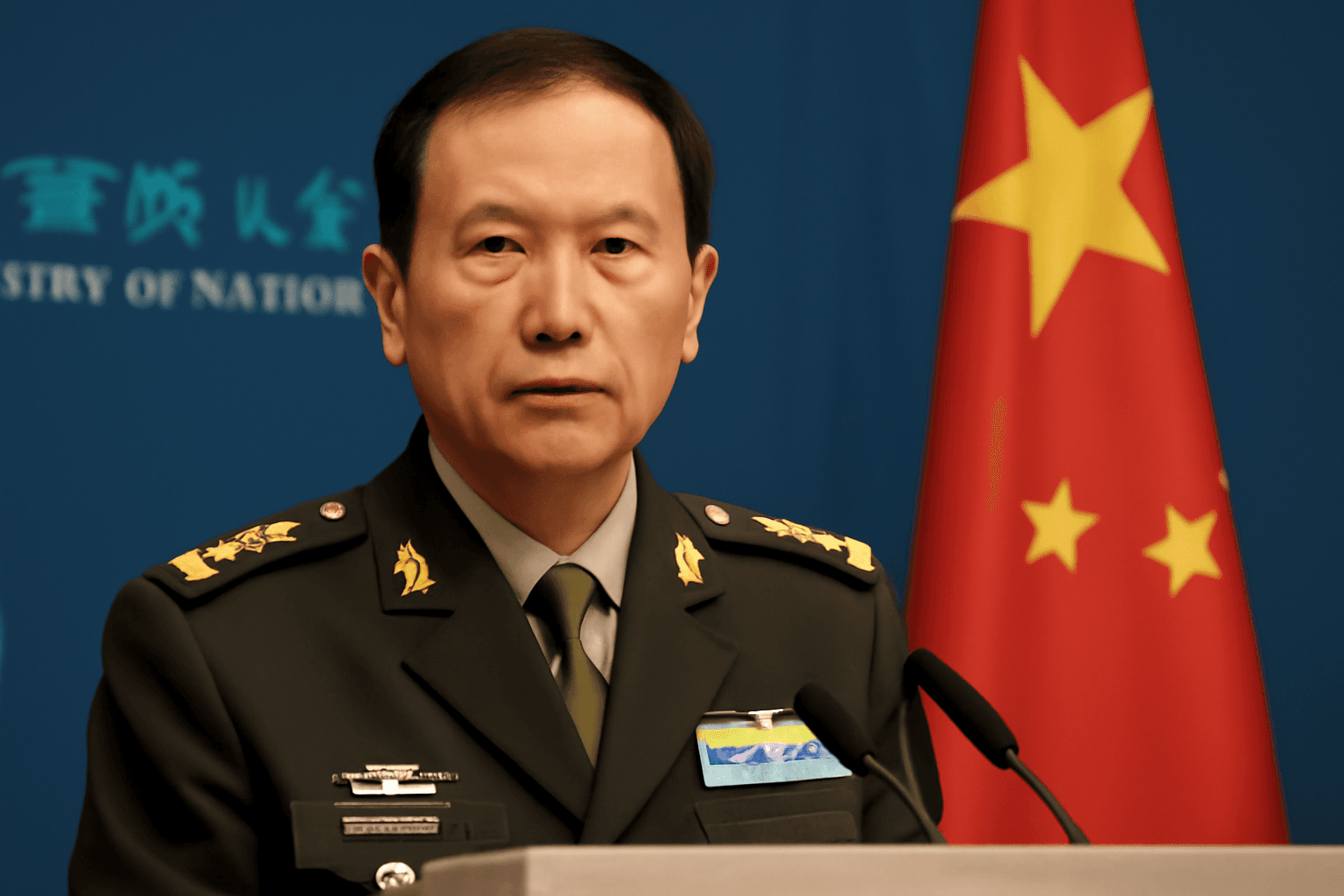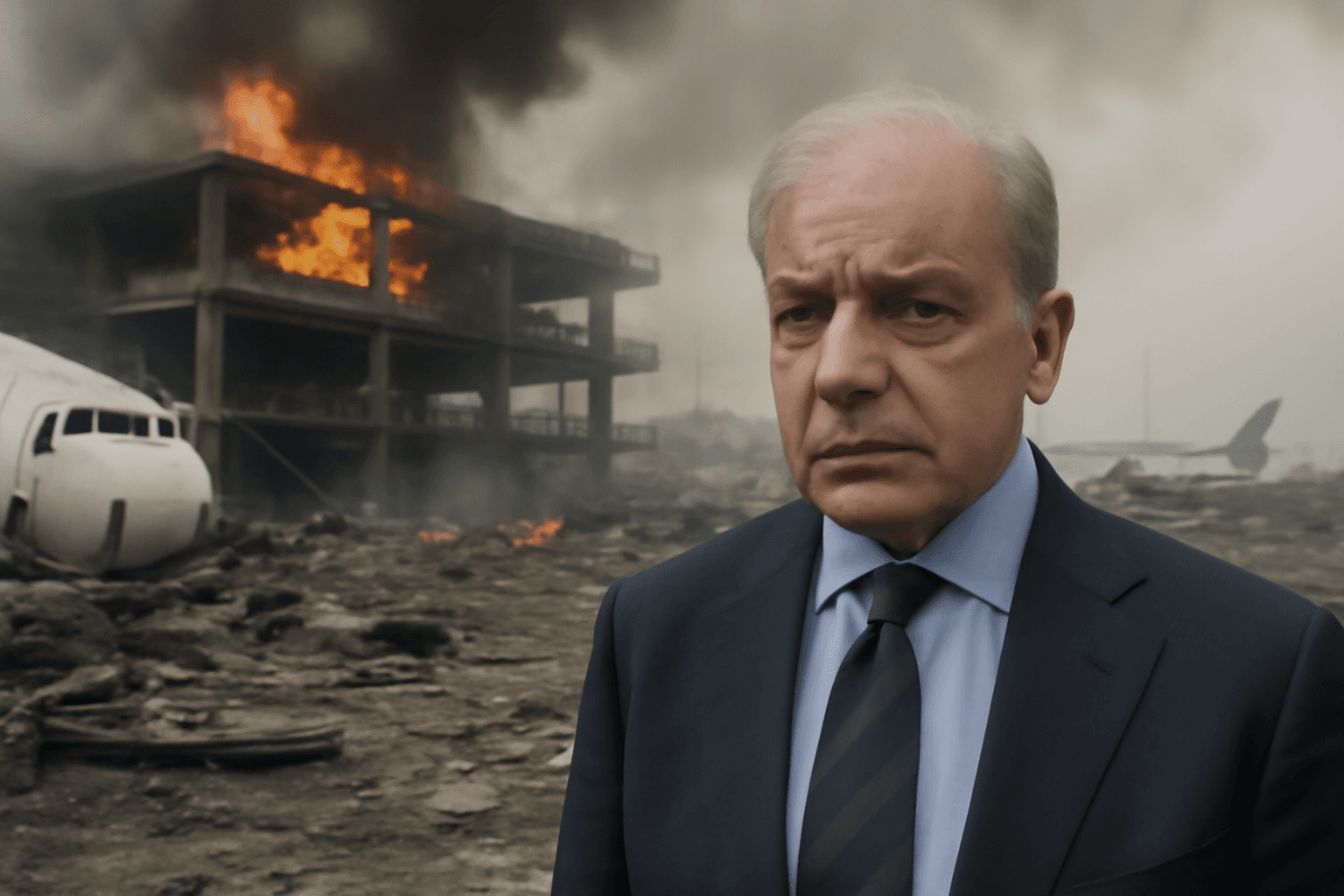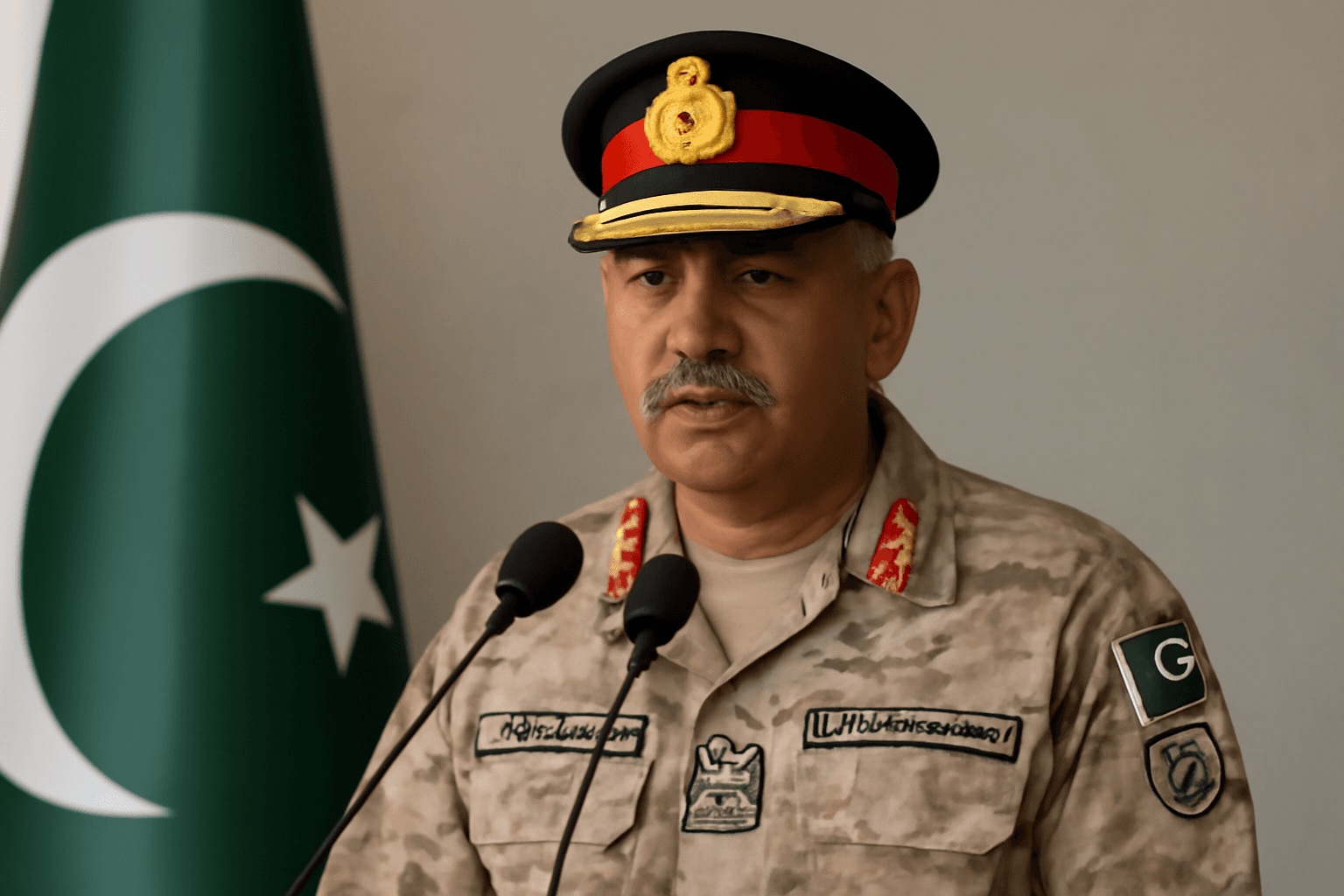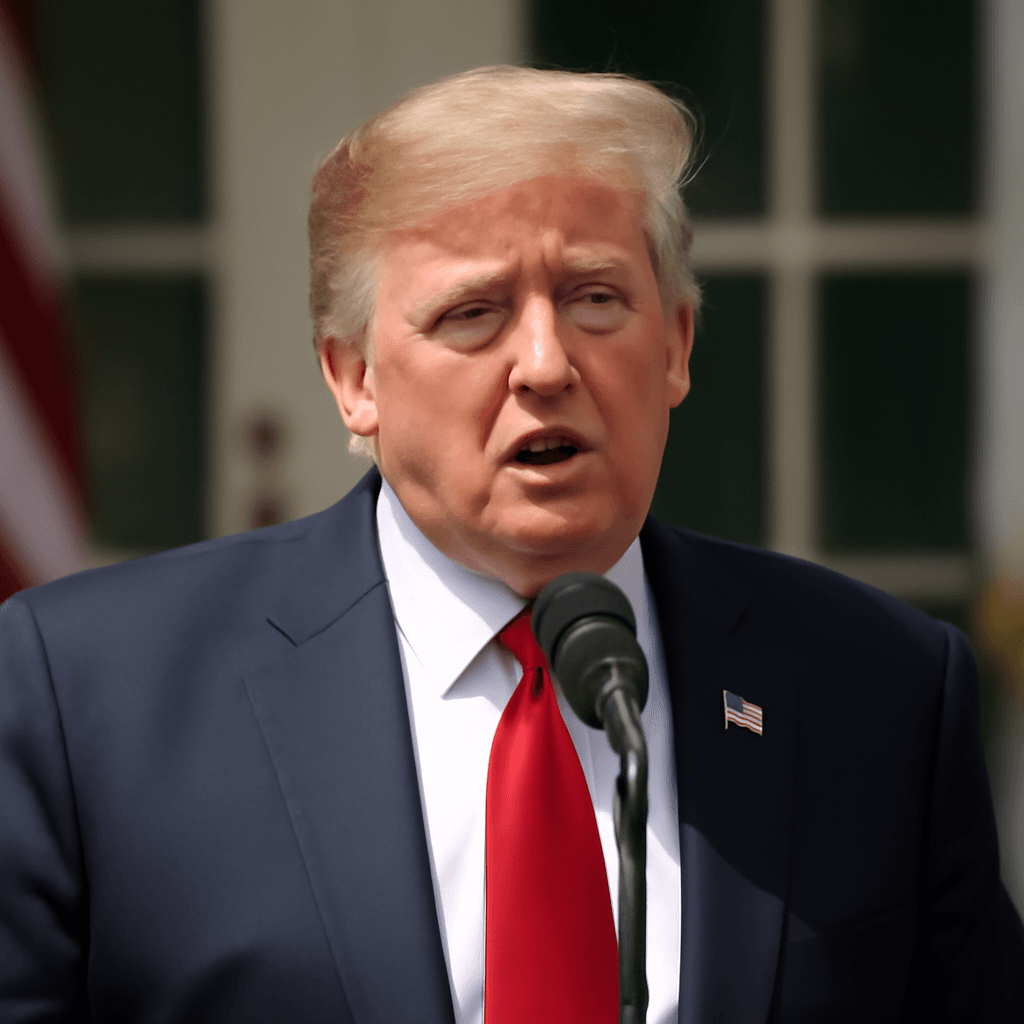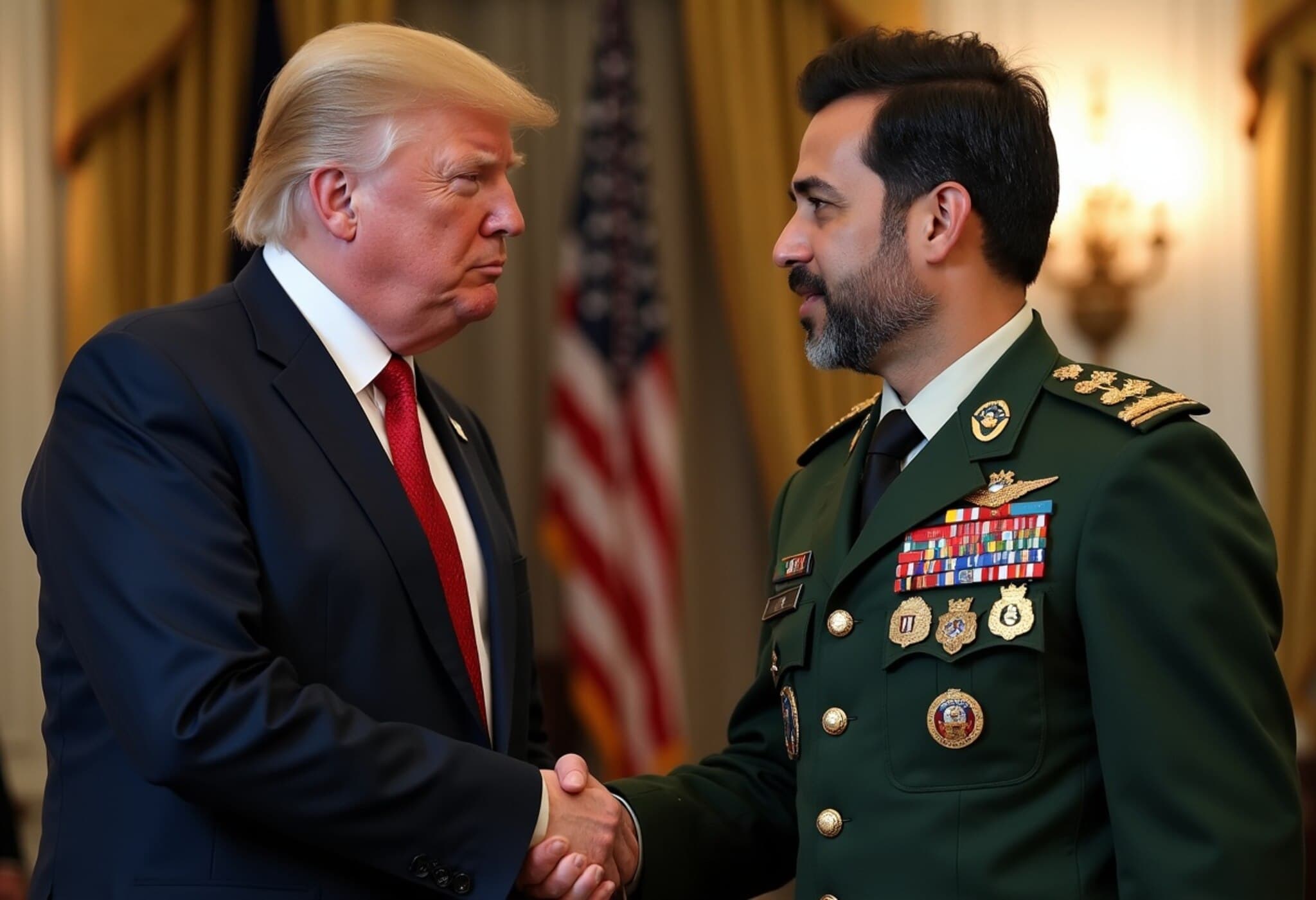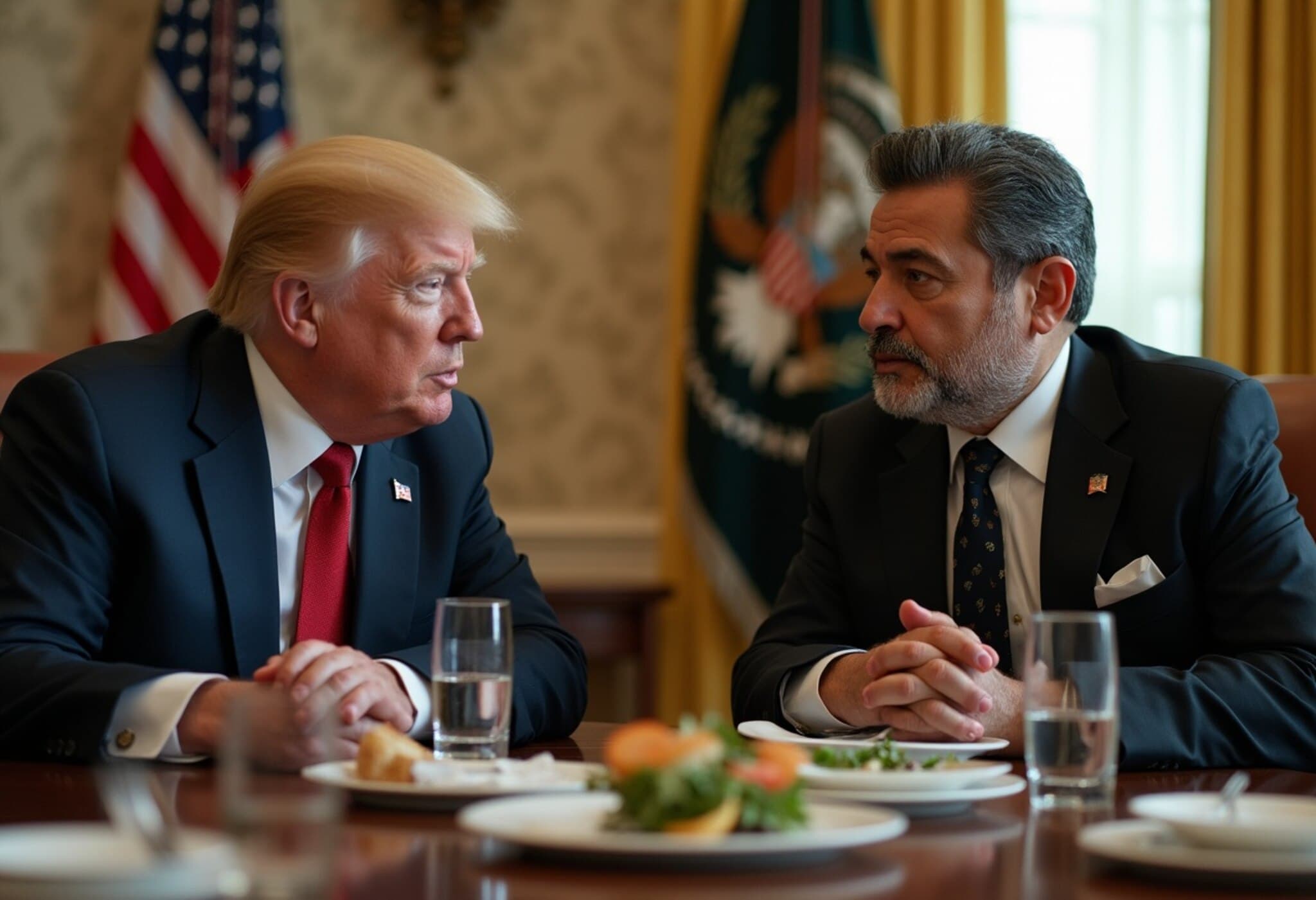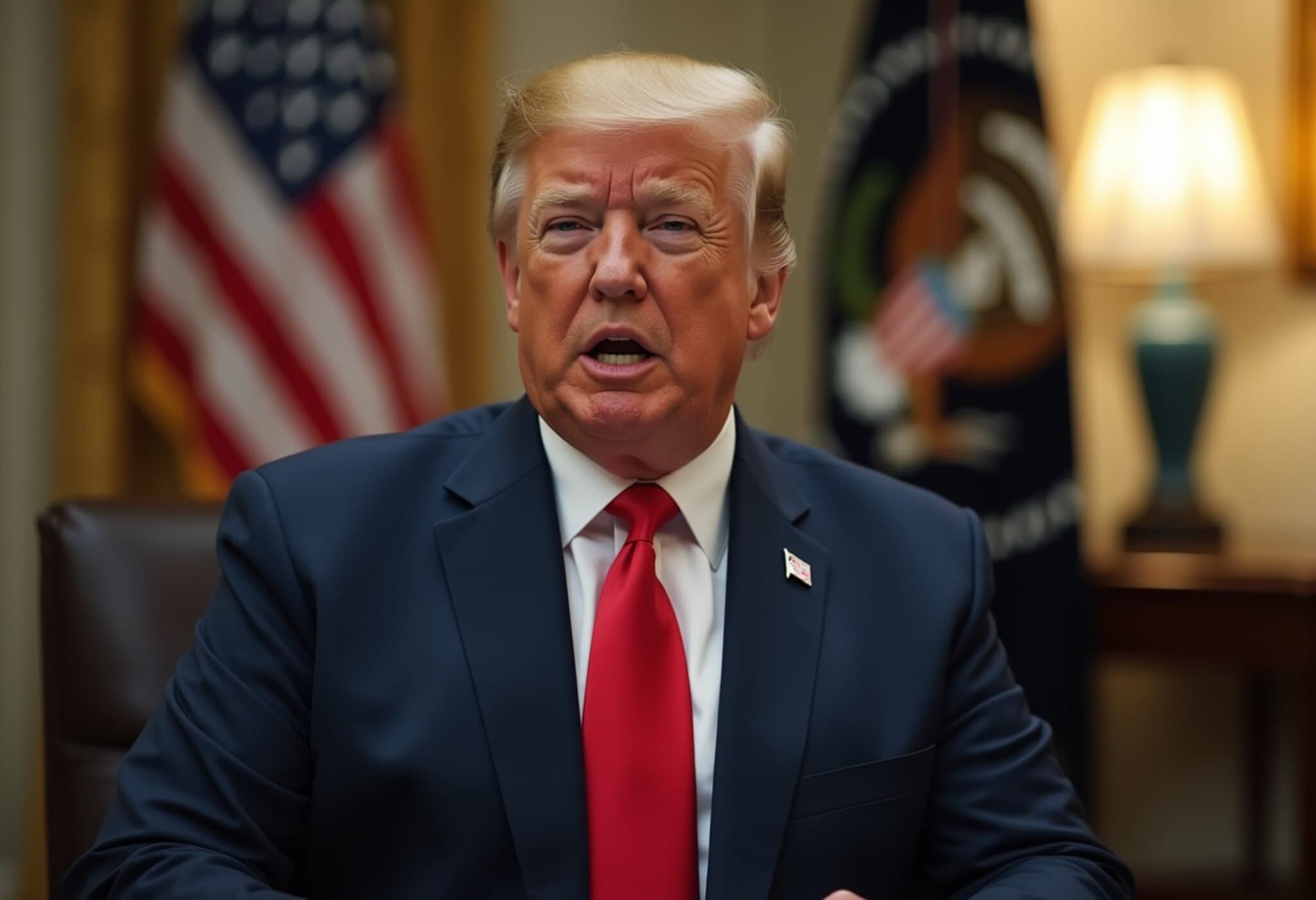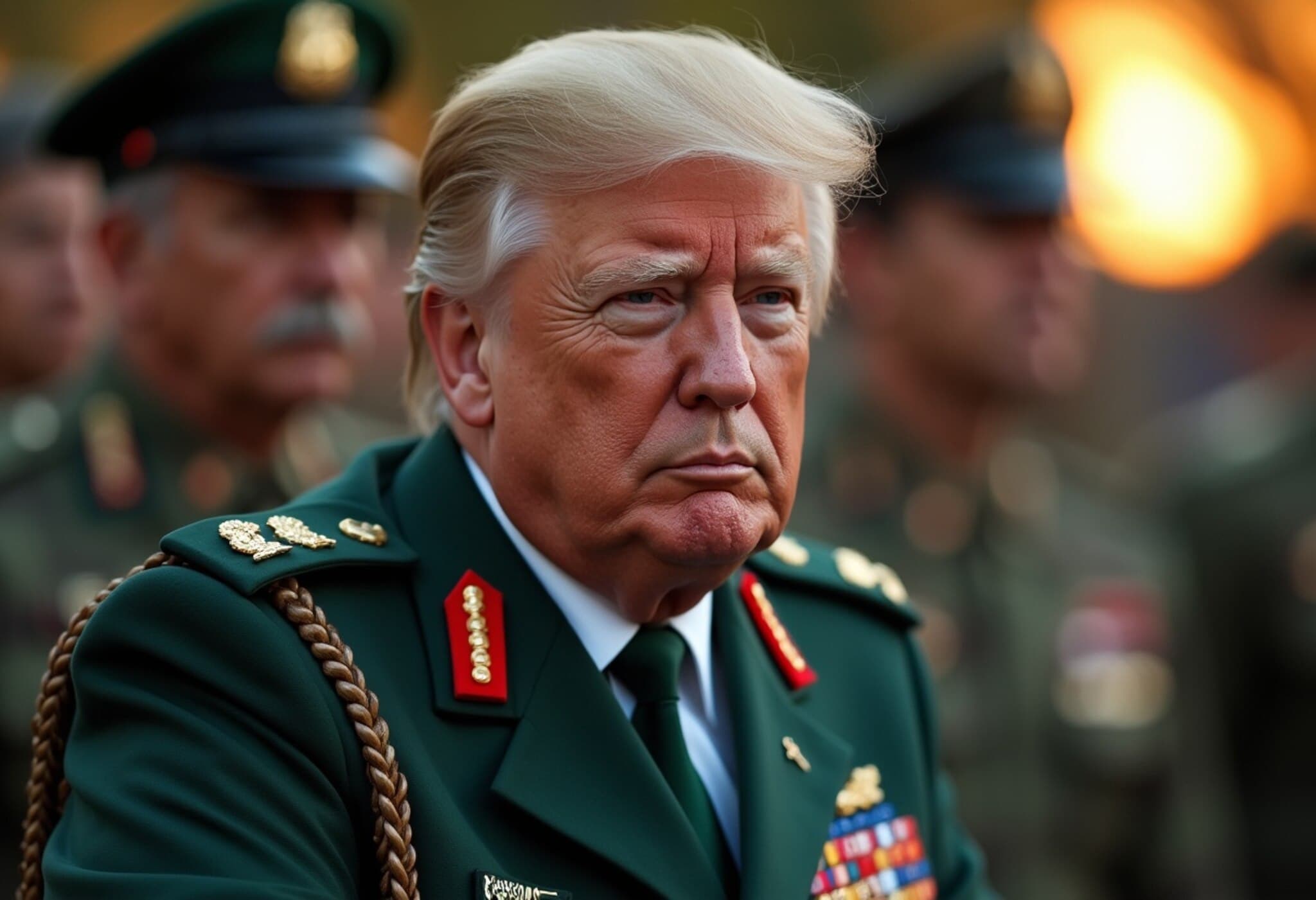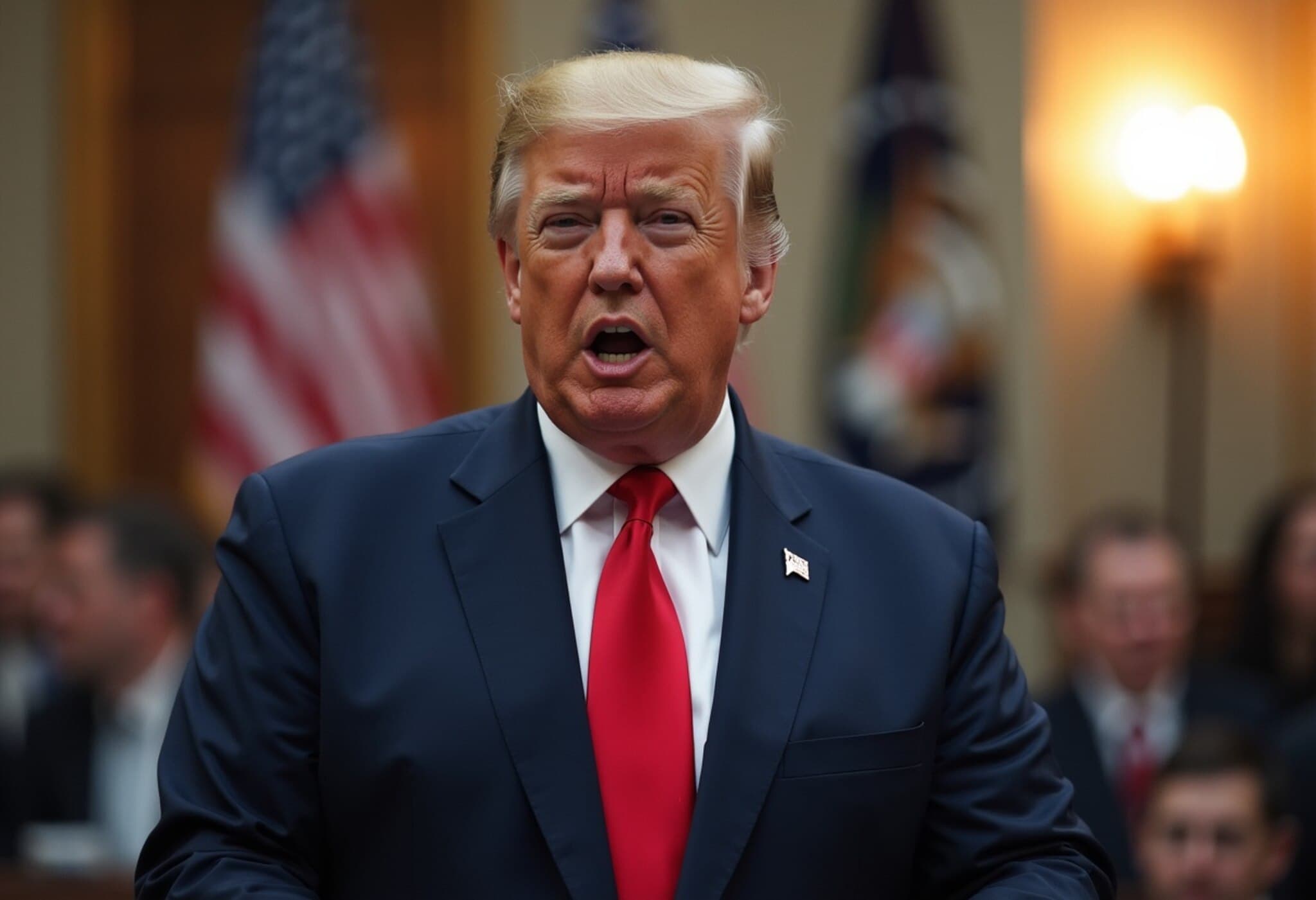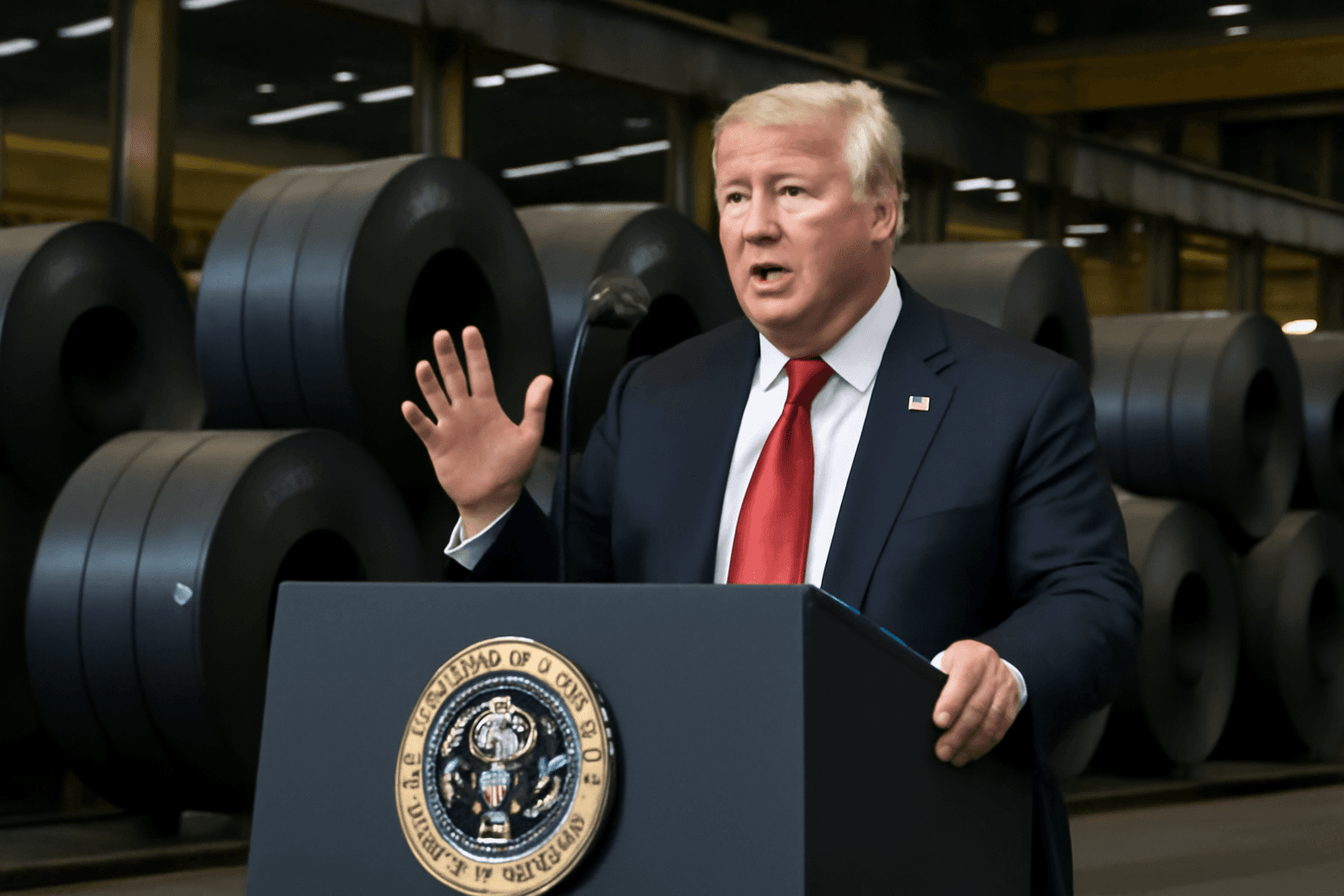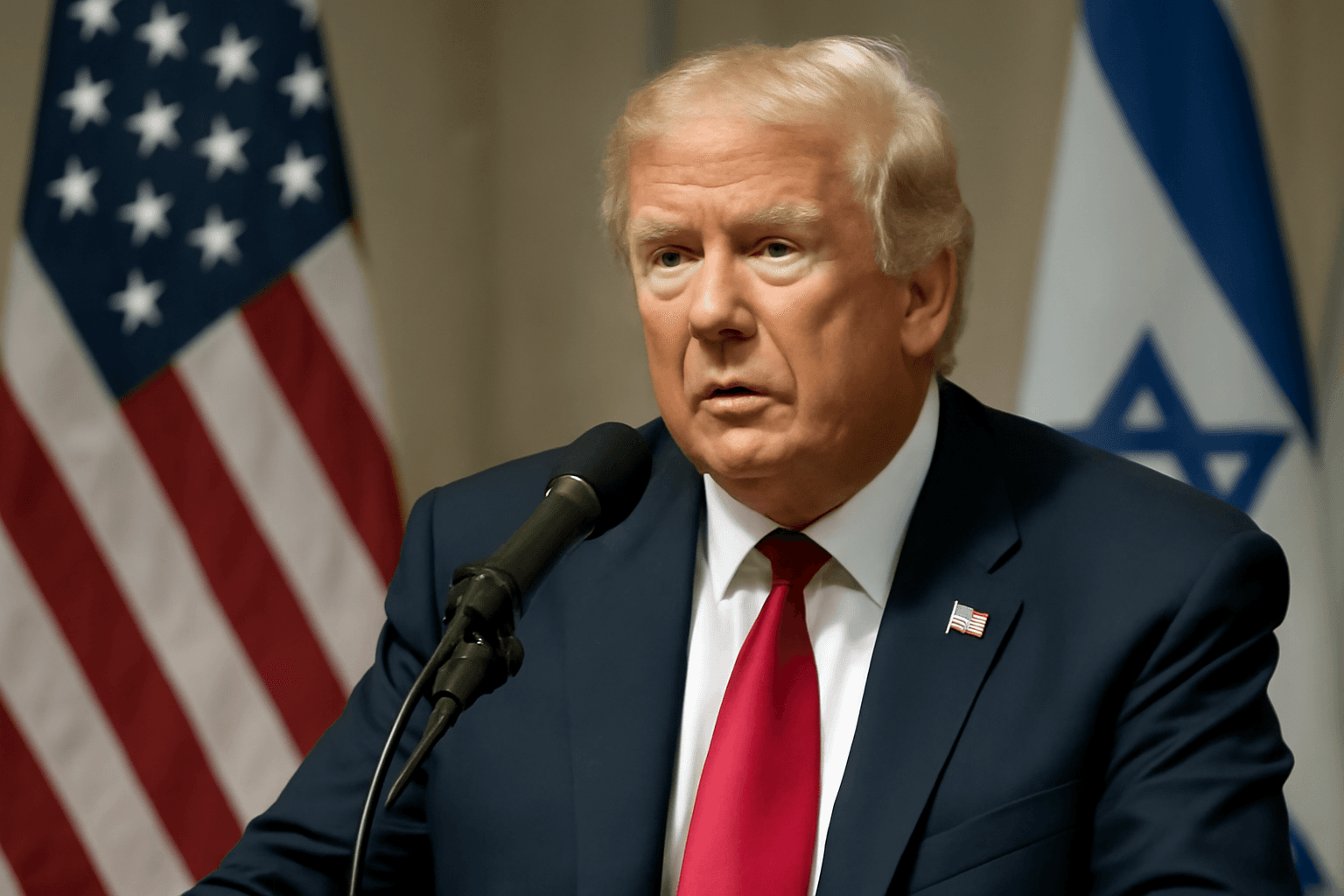Former US President Donald Trump has reiterated his assertion that the United States played a crucial role in preventing a potential nuclear conflict between India and Pakistan. Speaking during a press conference in the Oval Office, Trump emphasized that trade leverage was used as a tool to de-escalate tensions between the two nuclear-armed neighbors.
"We stopped India and Pakistan from fighting. I believe that could have turned out into a nuclear disaster," Trump stated. He highlighted that instead of traditional military confrontation, the conflict was diffused through economic pressure. "I think the deal I’m most proud of is the fact that we’re dealing with India, we’re dealing with Pakistan, and we were able to stop potentially a nuclear war through trade as opposed through bullets," he explained.
This statement comes weeks after a major terrorist attack in Jammu and Kashmir, which killed 26 civilians. Following the attack, India conducted strikes targeting militant infrastructure in Pakistan and Pakistani-administered Kashmir. Subsequent military exchanges between the two nations raised fears of escalating conflict. However, on May 10, India and Pakistan announced a ceasefire agreement.
India, however, has maintained that the cessation of hostilities resulted from direct communication between their military leadership and Pakistan's, specifically through discussions between the Director Generals of Military Operations (DGMOs). Indian officials have consistently stated that no third party was involved in brokering the ceasefire.
At a government briefing, India's External Affairs Ministry spokesperson clarified that trade or tariff concerns were not part of discussions related to the ceasefire. "From the time Operation Sindoor commenced until the understanding on cessation of fire, conversations between Indian and US leaders focused on the evolving military environment, but trade issues did not arise," he said.
Despite the Indian stance, Trump contends that his administration used the threat of trade consequences to push both countries toward peace. "We talked trade and we said, ‘We can’t trade with people that are shooting at each other and potentially using nuclear weapons,’" he remarked, also expressing gratitude to the leadership on both sides for their cooperation.
This claim marks a continuation of Trump's narrative crediting himself and the US with easing South Asian tensions, framing the country's military capabilities as a deterrent to conflict. Although neither India nor Pakistan has publicly acknowledged US intervention, Trump insists that American involvement was pivotal.
The situation underscores complex dynamics in India-Pakistan relations, where military and diplomatic channels remain essential to prevent escalation, especially given both countries' nuclear capabilities and regional sensitivities.

